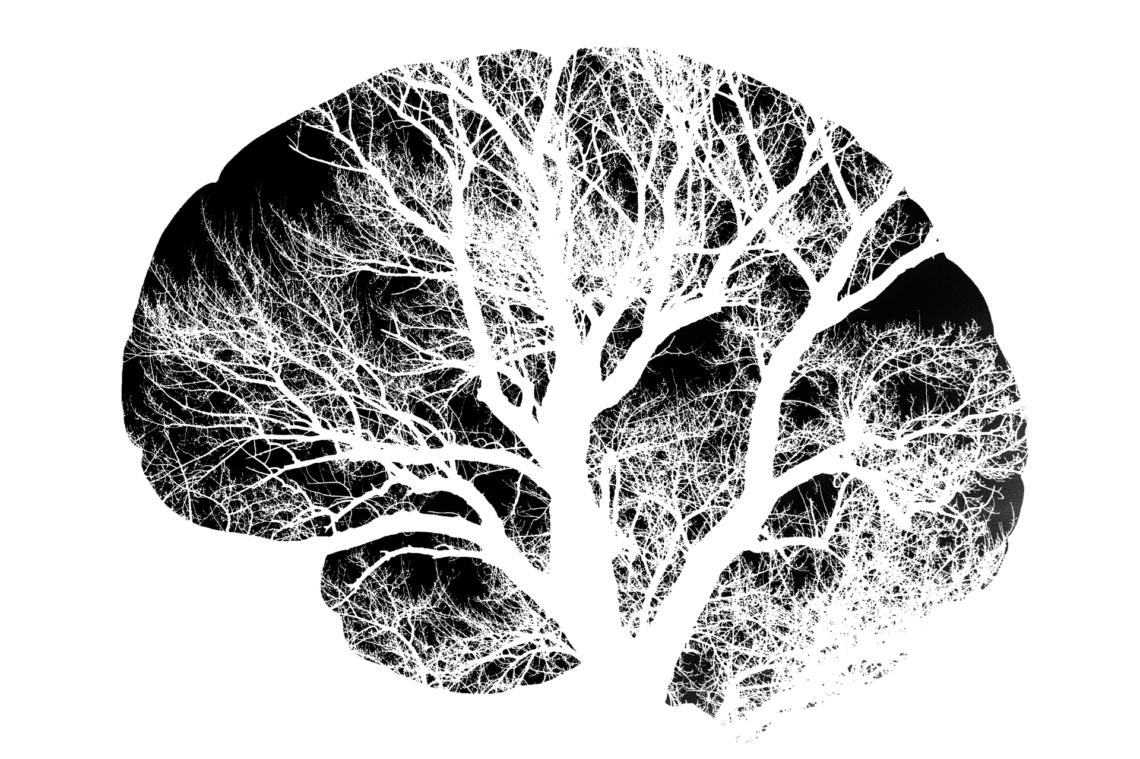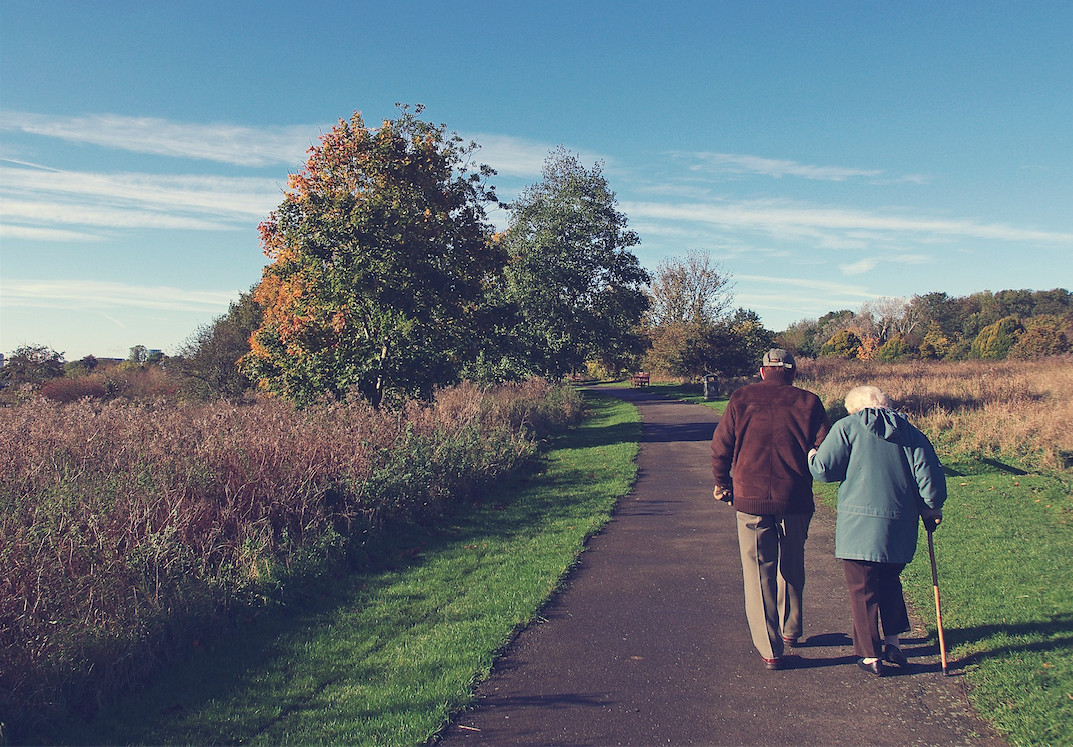Articles related to
ConditionsWhy is MS Often So Difficult to Diagnose?
MS can be difficult to diagnose because the symptoms can be easy to ignore or put down to another condition, and because there’s no single test that can diagnose it. What is multiple sclerosis? Multiple sclerosis, or MS, causes the brain to degenerate over time. It’s characterised by damaged areas (lesions) on the brain and spinal cord. MS causes, among other things, muscle spasms, problems with thinking and learning, and mobility problems. Why is MS often difficult to diagnose? The symptoms of MS are varied. Not every patient will experience them all, and most will experience them differently. Many of the symptoms are also easy to dismiss or to put down to something else, which can make early diagnosis difficult. The most common symptoms are: FatigueProblems with sightTrouble with balance and dizzinessNumbness and tinglingMuscle spasms, stiffness and weaknessProblems when thinking or planningSexual problemsBladder problemsBowel problemsProblems with speech and swallowing For…
How Does MS Affect the Body?
MS affects the body by causing, among other things, muscle spasms, problems with thinking and learning, and mobility problems. How does Multiple Sclerosis affect the body? The symptoms of multiple sclerosis are varied, can affect any part of the body, and every patient is affected differently. For some, the symptoms develop and get more pronounced over time, and for others the symptoms come and go. Two terms that are often used are: Relapse – when symptoms that have abated for a time, come back.Remission – When symptoms that have been bad, improve or clear. The most common symptoms include: FatigueProblems with sightTrouble with balance and dizzinessOsteoporosisNumbness and tinglingMuscle spasms, stiffness and weaknessProblems when thinking or planningSexual problemsBladder problemsBowel problemsProblems with speech and swallowing For more information on the history, causes and treatments of MS, see MS: A Deeper Dive Fatigue Fatigue is an ‘invisible symptom’ of multiple sclerosis. It comes as…
What Are MS Symptoms?
The symptoms of MS include: fatigue, problems with sight, balance and dizziness, numbness and tingling, muscle spasms, cognitive difficulties, bladder and bowel problems. What is Multiple Sclerosis? Multiple sclerosis, or MS is a neurodegenerative disease, which means that the brain degenerates over time. It’s characterised by damaged areas (lesions) on the brain and spinal cord. MS causes, among other things, muscle spasms, problems with thinking and learning, and mobility problems. For more information about the history, causes, and treatments of multiple sclerosis, see MS: A Deeper Dive What are MS symptoms? The symptoms of multiple sclerosis are varied, can affect any part of the body, and every patient is affected differently. For some, the symptoms develop and get more pronounced over time, and for others the symptoms come and go. Two terms that are often used are: Relapse – when symptoms that have abated for a time, come back.Remission –…
Would you like to know more about Hometouch's high quality live-in care service?
Caring for someone with MS
To care for someone with MS, you must find time to care for yourself. Read more to find out how to access the support you will need. Caring for someone with MS Caring for a loved one is rewarding, but it can also be immensely stressful. As multiple sclerosis is unpredictable, it’s difficult to know what your loved one will need from one week to the next. This means that caring for someone with MS can be uniquely challenging. For more information about the history, causes and treatments of multiple sclerosis, see MS: A Deeper Dive Multiple sclerosis is a degenerative disease, so the care required will become more demanding as time goes by. It’s no good putting off accessing support until you burn-out. The health of your loved one is important, but so is yours. If your loved one’s MS becomes ‘advanced’, they will be entirely dependent on others for…
Speak to one of our knowledgeable care advisers about Hometouch’s high quality live-in care service

Why do Parkinson’s patients sleep so much?
Parkinson’s patients experience difficulties with their sleep due to the disease itself and the medications that treat it. This can lead to increased sleepiness during the day. Parkinson’s disease can cause problems with sleep, and the medications used to treat…

How Does Parkinson’s Disease Affect Daily Life?
Parkinson’s disease can alter your family relationships, how you exercise, eat, work, and move. But these changes don’t happen immediately, and you can take steps to minimise their long term impact. How does Parkinson’s affect daily life? Parkinson’s is…

Parkinson’s Disease: A Deeper Dive
Parkinson’s: A Deeper Dive Parkinson’s: A Deeper Dive, provides an overview of the disease, with scientific and medical expressions explained in simple terms. Parkinson’s disease is a progressive neurological disorder. This means that brain function will become more and more…

Diabetes And The Elderly
Diabetes doesn’t go away with age, but the challenges of diabetes do change with time. Does diabetes change with age? Diabetes is an ongoing condition, and with age the challenges of managing medication and nutrition increase. If you have an…

What are heart palpitations?
Palpitations, faintness and shortness of breath are the signs of a possible heart arrhythmia. An arrhythmia happens when the electrical signals regulating your heartbeat, malfunction. These malfunctions can cause irregularities or unusual rhythms in a heartbeat that should be stable.…
Help us end the stigma of dementia with Unforgettable
James Ashwell, founder of Unforgettable dementia products, spent five years caring for his mum who had early onset dementia. They were the hardest years of his life, but they gave James a passion to help others on the dementia journey. Here James explains how Unforgettable might be able to help you. Mum was in her fifties when she was diagnosed with frontotemporal dementia, but it wasn’t until Dad died suddenly that the full extent of her illness became clear. I quickly realised Mum couldn’t live alone, so I gave up my job in London and become her carer.I was very fortunate to have three siblings Simon, Gemma and Mark, who were prepared to help practically and financially, and we also employed professional carers when necessary. Even so, those first few months were absolute hell.Eventually, we realised that if Mum wasn’t to sit staring at the TV all day, we needed…
Apply for live-in care jobs
Hometouch has been one of the best companies I have worked for in the care sector! I have always been told I’m appreciated and been made to feel like it too. I’m so happy to be a part of the Hometouch team
Shaheen

£750 - £900 per week. Double bank holiday pay
You choose your own clients
Clinical support
Free training, webinars and supervision